 |
|
||||||
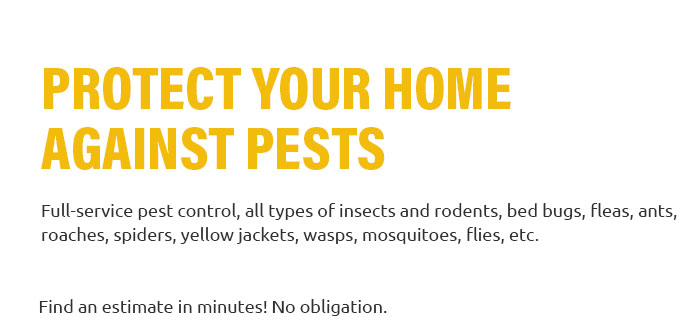 |
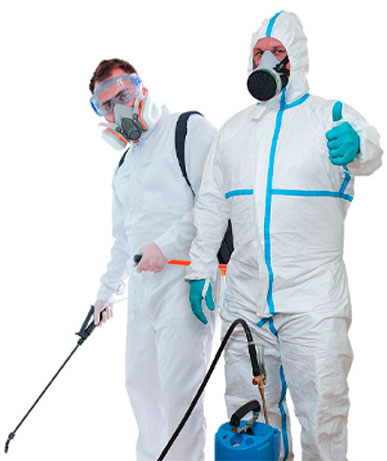 |
 |
 |
 |
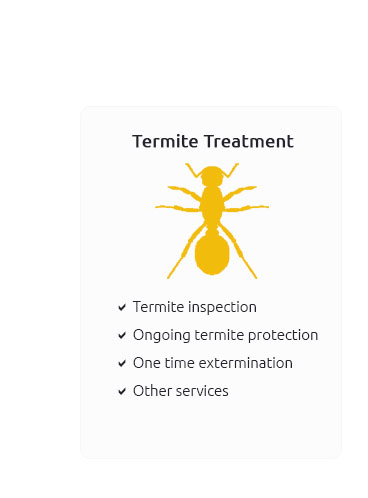 |
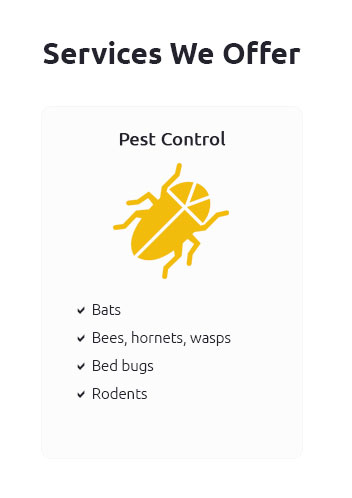 |
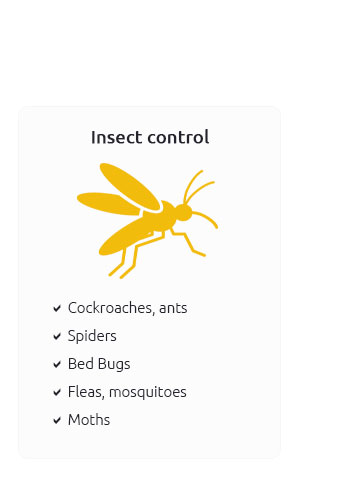 |
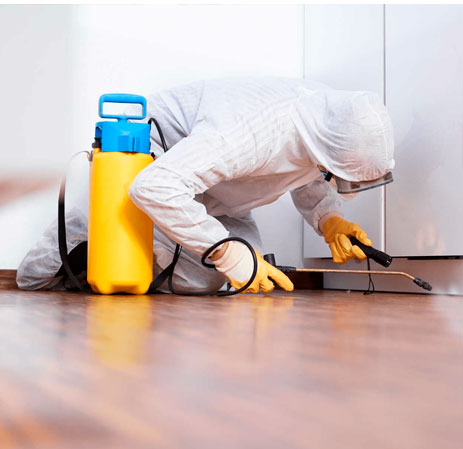 |
 |
 |
 |
 |
|
thpic9o5k4v Discover the ultimate solution to your pest nightmares with our revolutionary pest control service that eradicates bed bugs instantly, putting an end to sleepless nights and itchy mornings, using cutting-edge technology and eco-friendly methods to ensure your home is a safe, comfortable haven once again-because you deserve nothing less than the peace of mind that comes from knowing those pesky intruders are gone for good.
https://www.nectarsleep.com/posts/how-to-get-rid-of-bed-bugs-naturally
Research suggests that intense heat is one of the most effective ways to get rid of bed bugs instantly. https://www.quora.com/How-do-I-remove-bed-bugs-quickly
It will take only a few minutes for rubbing alcohol to kill bed bugs. Be careful not to spill the entire bottle of rubbing alcohol on your ... https://www.reddit.com/r/LifeProTips/comments/11jkqpk/lpt_how_to_kill_bed_bugs_effectively_and/
Diatomaceous Earth is inexpensive, and is composed of silica. Silica will stick to bed bugs and draw moisture out of their bodies, dehydrating ...
|



